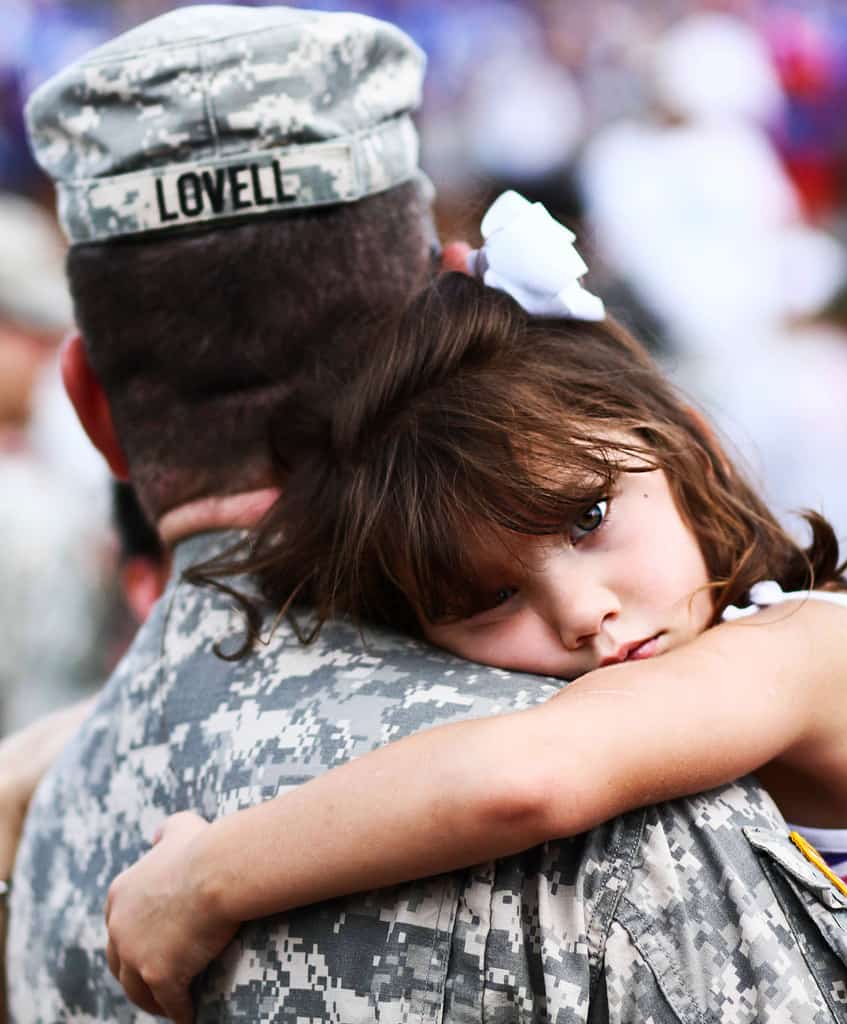
After 13 years at war, the United States faces unprecedented challenges in caring for military service members and their families. Numerous programs address the mental and physical health needs of veterans, but few attend to the needs and experiences of their family members.
Veterans’ families face a diverse pool of concerns including secondary effects of service members’ posttraumatic stress disorder, persistent family functioning deficits and parenting challenges due to prolonged separation, readjustment problems, and attachment and transition.
“Spouses are often the main caregivers to veterans, and they report feeling that they and their families are left out of efforts that support veterans,” says Elisa Vinson Borah, a research associate at the Texas Institute for Excellence in Mental Health.
Borah has received a Eugene Washington PCORI Engagement Award from the Patient-Centered Outcomes Research Institute for her project, the Veteran Spouse Network (VSN). With this project, she seeks to provide a platform for communication and research action to enable spouses of veterans across Texas to inform, evaluate and advocate for the use of effective mental health care practices in their communities.
“Spouses will develop supportive peer relationships and become engaged stakeholders in research that attends to the needs of their families,” says Borah, who is herself married to a veteran.
The project will be carried out in three phases. Phase one will be dedicated to recruiting spouses of veterans through partnerships with existing organizations. A website will be developed (www.texvet.org/vsn), and member participation will be facilitated through online network meetings, online polling questions, monthly webinars, and the creation of a steering committee.
In phase two, webinars will be utilized to train VSN members on a variety of research topics and methods. And finally, in phase three, researchers studying mental health treatments and programs for veteran families will join the VSN conversation via webinar. Discussions will allow researchers to obtain valuable feedback from VSN members, and at the same time promote confidence in them about participating in research. A main goal of the project is for the VSN to develop and disseminate a military veteran family research agenda informed by their experiences.
“This project will engage in participatory action research to create a robust, Texas-wide network of spouses of veterans,” Borah explains. “It will also foster relationships among them, community providers, and research investigators in ways that will allow more fruitful and meaningful research benefiting military families.”
Posted June 1, 2016. By Andrea Campetella.


